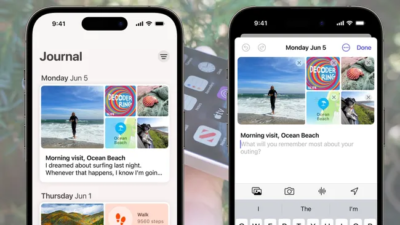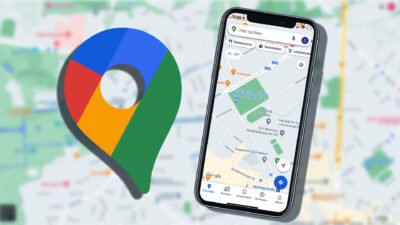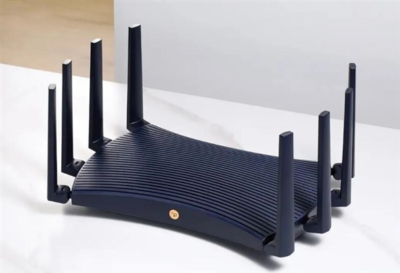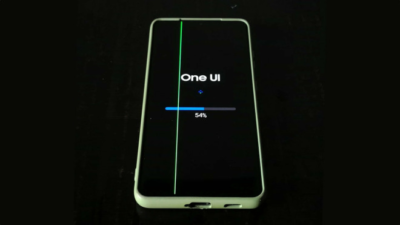Widespread Hacking: More Than 2000 U.S. Law Enforcement Agencies Use iPhone Hacking Tools
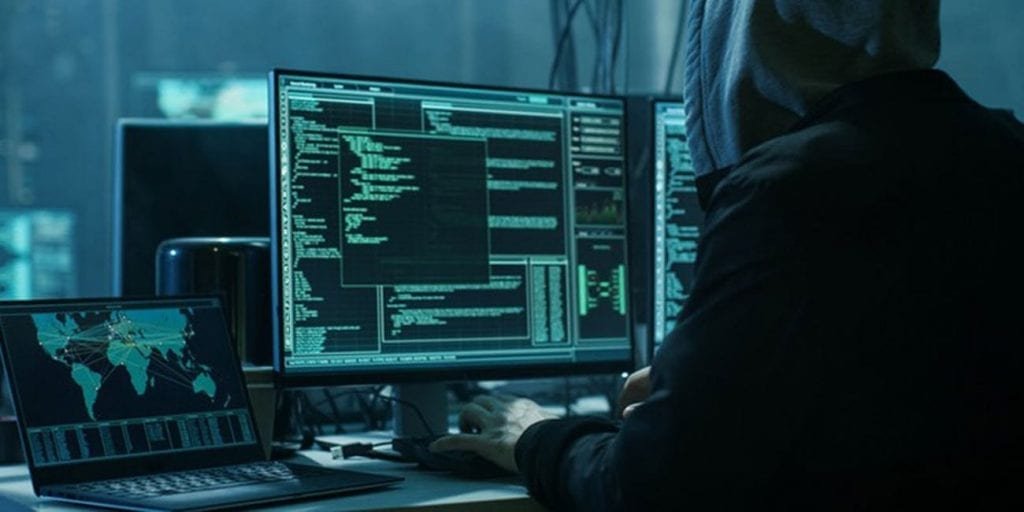
The use of so-called forensic tools, with which law enforcement authorities can gain access to data on smartphones, has expanded massively. Now there is a terrifying report on how widespread the use is.
Regardless of whether it is an iPhone or Android smartphone, whether it is secured with a PIN, password, or biometric data: Hacker tools that circumvent the encryption of smartphones and grant access are now commonplace among the police in the USA. According to a report in the New York Times which is also covered by the Apple Insider, 49 of the 50 largest police departments in the United States have access to appropriate devices with which they can read devices from suspects.
The use has spread massively
According to an investigation, basically, every American runs the risk of having their phone forensically searched by law enforcement agencies. There seem to be no more technical hurdles at all. The New York Times published a comprehensive report on this with the help of the nonprofit company Upturn. Around 18,000 authorities across the country are said to have tools for smartphone hacking.
The authorities in the USA not only often have on-site tools with which they can extract all data from a smartphone or tablet, but can also often use providers such as Cellebrite. Upturn’s documents now show that Cellebrite charged around US $ 2,000 to unlock a smartphone, thus agreeing a very profitable deal with the US authorities. In addition, according to Upturn, there is an agreement with the Dallas Police Department that is said to have paid $ 150,000 for a premium hacking tool.
The means of choice for “minor” offenses
The easy access to these tools has not only made them easier for law enforcement agencies to use, but has also made them a standard tool for even minor offenses. Initially, appropriate orders to inspect smartphones were only granted in the case of serious crimes such as murder and rape, and the use of forensic tools was ordered. Smaller offenses such as shoplifting, marijuana possession, or brawls with the hacking tools are now also being investigated.
Digital marketing enthusiast and industry professional in Digital technologies, Technology News, Mobile phones, software, gadgets with vast experience in the tech industry, I have a keen interest in technology, News breaking.


